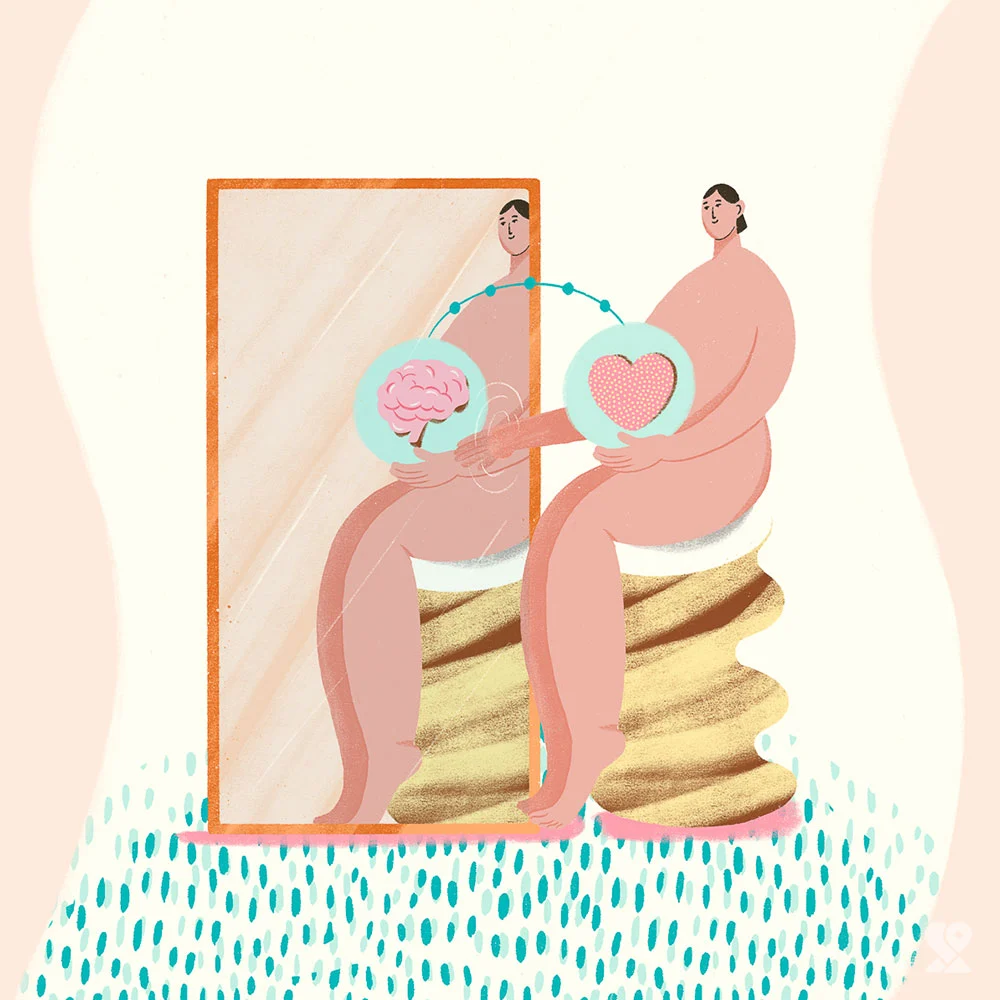
The song "Pregnancy Testing Afternoon" by the local band My Little Airport contains the line, "The world wants you to strive for fame and success, but sincerity and authenticity are the greatest skills". In a society that prioritizes profit and efficiency, does authenticity hold more significance than fame? Perhaps the previous year's buzzword, "authentic", can offer us some thought-provoking insights.
Merriam-Webster, the oldest dictionary in the United States, selected "authentic" as its Word of the Year for 2023. The publisher stated that this choice was driven by stories and conversations about artificial intelligence, celebrity culture, identity, and social media, emphasizing that as the line between "real" and "fake" became increasingly blurred, people are driven to pursue authenticity.
Indeed, in a world where AI technology can create deepfake videos, people can use ChatGPT to generate fake news articles, and there is an abundance of "exclusive" information on YouTube channels, it has become increasingly difficult to distinguish between what is true and what is false. In such a landscape dominated by misinformation, the importance of authenticity becomes even more significant. Merely hearing something doesn't guarantee its truth, and seeing something doesn't guarantee its authenticity. As falsehoods continue to proliferate, the pursuit of truth becomes all the more crucial.
The Four Elements of Psychological "Authenticity"
Each person has a unique definition of "authenticity." For instance, some scientists argue for the concept of conscious realism, suggesting that there is no objective reality and that authenticity is solely interpreted by our consciousness. This raises the question: Does authenticity even exist? In the realm of psychology, when an individual lacks genuine awareness and understanding of their own emotions, thoughts, and needs, their words and actions are not consciously and confidently genuine from within. When life is predominantly driven by external responses rather than internal ones, it may indicate a lack of authenticity. Hence, self-awareness serves as a fundamental prerequisite for authenticity.
As early as the year 2000, psychologists Michael Kernis and Brian Goldman published the Authenticity Inventory, establishing four primary elements for authenticity: self-awareness, unbiased processing, behavior/action, and relational orientation.
- Self-awareness involves having a thorough understanding and acceptance of one's traits, emotional states, preferences, motivations, and abilities.
- Unbiased processing means being aware of one's own traits, including strengths and weaknesses, without negating or blaming oneself because of them.
- Behavior/action entails acting in alignment with one's values and needs, even in the face of criticism or rejection, without being influenced by external rewards or punishments.
- Relational orientation refers to being able to disclose and express one's true self in close relationships.
These two psychologists defined authenticity as "the unobstructed operation of one's true or core self in one's daily enterprise" and stated that authenticity is an important factor in maintaining a good level of self-esteem. It has also been suggested that authenticity can have a positive impact on different aspects of mental health, such as self-identity, work engagement, and interpersonal relationships.
However, we are well aware that not every situation is suitable for fully exposing our authentic selves. For example, in a work environment or when chatting with emotionally volatile friends, it is essential to approach interpersonal communication with empathy and respect in order to maintain healthy relationships. Being authentic also requires establishing healthy boundaries, as it is through this balance that we can create better connections during interactions. The aforementioned research particularly highlights that we may not always achieve all elements of authenticity. For instance, there may be inconsistencies between our thoughts and behaviors. However, the crucial point is whether we are aware of this conflict and whether we can autonomously and strategically choose how to act. In such cases, it does not contradict authenticity.

You might wonder, "What in the universe is not temporary?" Everything and everyone is constantly changing, so is there anything eternal and authentic in the world? Some describe authenticity as an evolving state because our relationships with ourselves, others, and society are constantly changing. Therefore, authenticity is a long process of self-discovery and self-creation. Regardless of facing successes or setbacks, it involves understanding one's core values and consciously acting upon them. It can even involve self-transcendence, where one strives to contribute to others and society by embodying values such as justice, truth, and kindness, ultimately merging the self, the world, and one's purpose.
In this transient world, maintaining authenticity may involve fearlessly understanding our motives, defending what we believe in, and recognizing our guiding principles. It means being clear about our choices and actively realizing our true selves with clarity and flexibility.
References:
Michael H. Kernis (2003) TARGET ARTICLE: Toward a Conceptualization of Optimal Self-Esteem, Psychological Inquiry, 14:1, 1-26, DOI: 10.1207/S15327965PLI1401_01
Kernis, M. H., & Goldman, B. M. (2005). From Thought and Experience to Behavior and Interpersonal Relationships: A Multicomponent Conceptualization of Authenticity. In A. Tesser, J. V. Wood, & D. A. Stapel (Eds.), On building, defending and regulating the self: A psychological perspective (pp. 31–52). Psychology Press.
Hicks, J. A., Schlegel, R. J., & Newman, G. E. (2019). Introduction to the special issue: Authenticity: Novel insights into a valued, yet elusive, concept. Review of General Psychology, 23(1), 3–7. https://doi.org/10.1177/1089268019829474
Sutton, A. (2020). Living the good life: A meta-analysis of authenticity, well-being and engagement. Personality and Individual Differences, 153, Article 109645. https://doi.org/10.1016/j.paid.2019.109645
Jiang, T., & Sedikides, C. (2022). Awe motivates authentic-self pursuit via self-transcendence: Implications for prosociality. Journal of Personality and Social Psychology, 123(3), 576–596. https://doi.org/10.1037/pspi0000381

